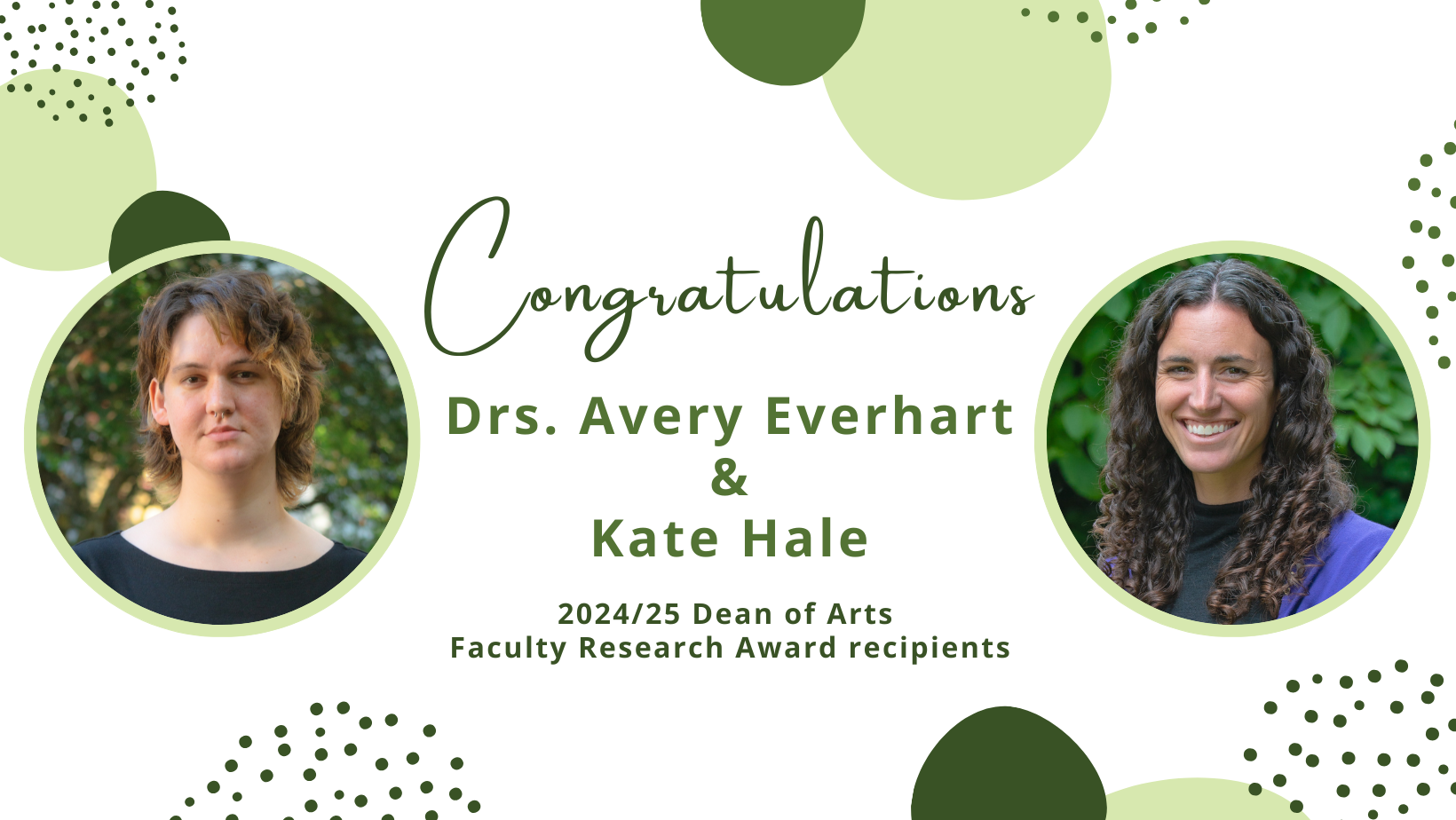

Flyer inviting residents of MGR Nagar to the opening of a balwadi (childcare centre or pre-school) and a free medical camp for children on World Health Day (identifying information redacted)
A new paper by assistant professor Priti Narayan in Environment and Planning D: Society and Space explores how women build (and unbuild) community facilities in urban India.
Narayan brings feminist ethnographic attention to community infrastructure such as childcare centres built collectively by women residents in MGR Nagar, an informal urban settlement in the city of Chennai, as understudied examples of autoconstruction in peripheral urbanization.
This stems from her long term work and collaboration with women’s rights organization Pennurimai Iyakkam, which has been mediating in the personal and collective lives of the female residents in MGR Nagar and other settlements since the 1980s.
“The female residents of MGR Nagar and the Iyakkam led the construction of a pre-school childcare center to address the nutritional and educational needs of children below the age of five, and thus enable mothers to join the workforce. When the time came to decide the future of the childcare center they had built, women remained agents of urbanization who could negotiate with state actors to give up their center to make new gains, instead of resisting or protesting dispossession after the fact.”
With the eventual demolition of the centre constructed by the community, and its replacement with a state-built and state-run facility, Narayan argues that the lesson of the commons remains one of optimism. In this case, the neighbourhood consented to gain a new centre, and the Iyakkam moved the existing community service and its resources (sans the building structure) to another nearby settlement.
“A conception of the urban commons as portable is also one imbued with hope: it allows us to imagine the commons as that which need not always be permanently or irreversibly lost or eroded. Instead, it can be a resilient, transplantable material and cultural practice that can mushroom as a response to the absence of state care, retreat, or dispossession, to enact a politics of place.”


